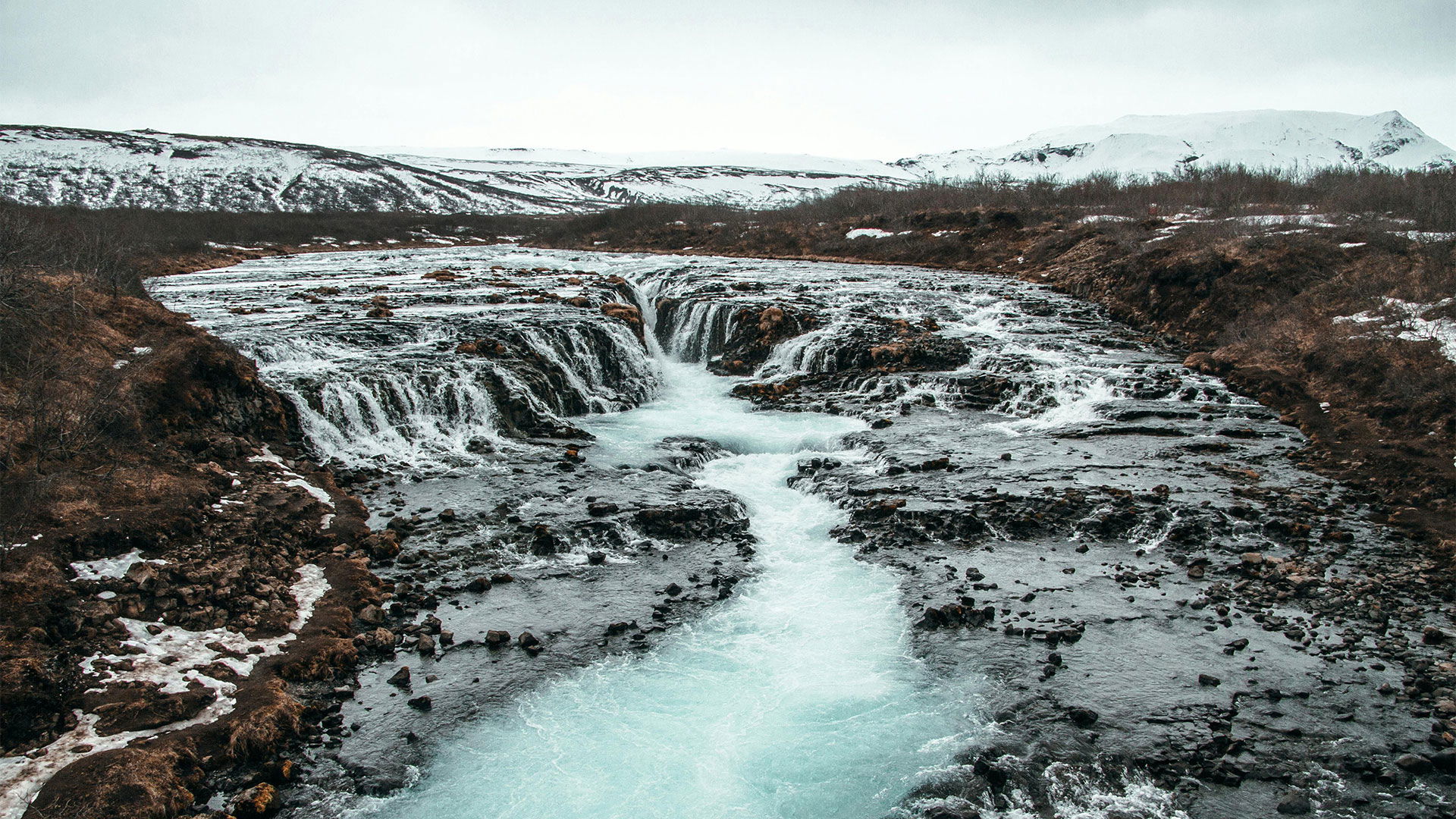World
‘The shark heard around the world’: The hunt begins for great whites in Irish waters

The fat grey seals flop around the sandy beach, piled on top of each other in a vast row.
When one offshore seal suddenly pops its head above the waves, the visitors on the nearby sea safari boat start to laugh at its startled expression.
To the tourists, the seals look like dogs.
To a great white shark, they look like lunch.
That’s why a team of scientists have picked this spot, the Great Blasket Island in Co Kerry, to begin their search for the first recorded great white shark in Irish or UK waters.
It’s home to a major population of grey seals – but is anyone coming to dinner?
US non-profit research organisation Ocearch is cautiously optimistic that great whites do indeed haunt the waters around Ireland and Britain.
They’re aiming to create history by finding one off the southwest coast of Ireland.
‘The shark heard around the world’
“It would be the shark heard around the world,” said Chris Fischer, founder of Ocearch.
“It would be the greatest thing we have ever achieved on the water. It would be the greatest gift we could give to any region of the world for their future, because that one shark would show people in this area and other research institutions where they can then potentially work on them and get more of the work going.”
On a former crabbing vessel that used to ply its trade in the frigid Bering Sea, Fischer’s team is waiting for a breakthrough for a catch of a very different kind.
For decades, the possibility of great whites in British or Irish seas has remained a tantalising prospect – peppered with unconfirmed sightings and occasional hoaxes.
A small and endangered population of great whites is found in the Mediterranean, and it’s thought that sharks from there could migrate to eastern parts of the North Atlantic to forage for food off the coasts of Spain, France, and Ireland.
Confirmed great white sightings have occurred as far north as the Bay of Biscay, where a young female great white was caught off La Rochelle in 1977.
There has never been a confirmed great white shark sighting in British or Irish waters, although many scientists believe the conditions are perfectly suitable.
Ireland hosts around 40 shark species, such as the basking shark, porbeagle, and tope shark.
In July, a Galway news outlet reported that fishermen had sighted a “deadly” great white off the coast, but online sleuths discovered the video was actually shot in Australia in 2022.
Around a hundred UK great white “sightings” were investigated by expert Richard Peirce, who found around a dozen remained “credible”.
Shark expert Dr Nick Payne, assistant professor at Trinity College Dublin’s School of Natural Sciences, is the lead Irish scientist on the new Ocearch expedition.
An affable academic clad in Lidl sweatpants, he is from the shark hotspot of South Australia.
There’s no reason, he says, why he can’t also spot a great white in his adopted homeland.
“I think given the conditions we have in Britain and Ireland in terms of the water temperatures and the kind of food that’s available, the kind of habitats that exist on the seabed here, I think there’s a really good chance – these are exactly the kind of conditions, this is like a Goldilocks environment for these animals,” he said.
He continued: “It’s not too hot, it’s not too cold, the food here is right, both here in Ireland and throughout different parts of the UK.
“This whole region is potentially a really comfortable place for them. It’s just a matter of trying to find out if they’re here.”
Read more from Sky News:
Loggers killed in bow and arrow attack
Four killed in school shooting
Australian breakdancer Raygun: ‘I’m very sorry’
This search is the Irish leg of Ocearch’s “Expedition Save the Med”, aimed at studying the Mediterranean great white population.
The team searched the waters off Spain and France for weeks before moving to Ireland.
They have yet to find a great white.
Fischer has been surprised at the lack of biodiversity on this European voyage, and says the consequences of commercial over-fishing are “frightening”.
Lessons must be learned, he says, from the conservation efforts of authorities in Canada and the US.
It’s hard not to detect a slight sense of frustration among his crew; mostly young, dedicated researchers, some of whom have been on board for two months.
“It’s been a long time since we’ve seen a fin,” says one reproachfully.
The expedition will continue in Irish waters until 8 September, when the MV Ocearch must return to its home port of Jacksonville in Florida to beat the Atlantic hurricane season.
With a three-week slog across the pond ahead, time is now against the team trying to find an answer to an enduring enigma of maritime science – do great whites visit these shores?
















